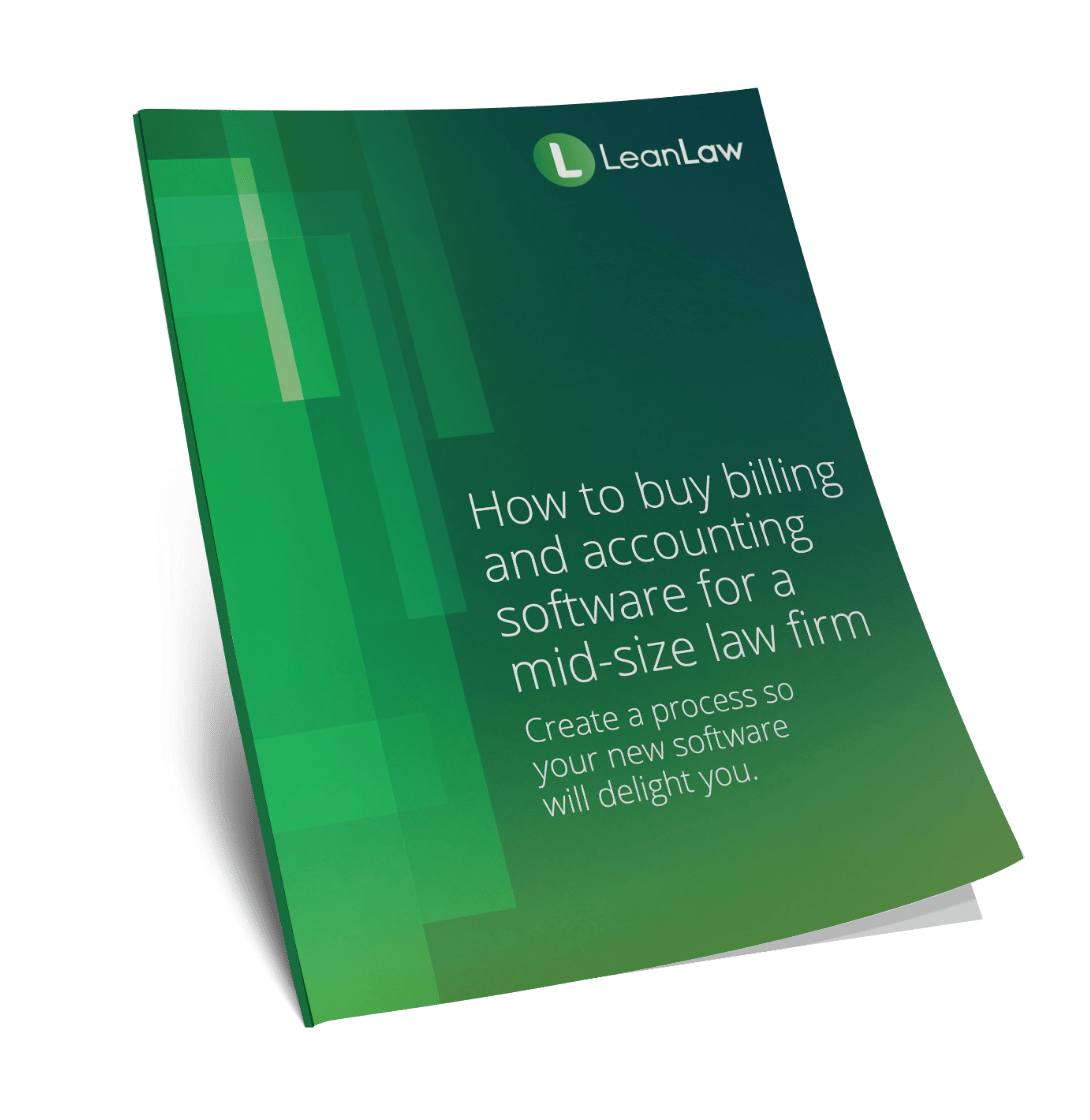
Lawyers get paid for one thing…their time.
But not capturing that time is one of the biggest challenges law firms face when it comes to billing accurately and maximizing revenue.
Time is a lawyer’s most valuable asset, and every minute spent working on a case or providing legal services should be trackable and compensated.
However, without a systematic approach to timekeeping, it is easy for billable hours to slip through the cracks, resulting in lost revenue and decreased profitability.
This is where legal timekeeping software comes in.

Key Takeaways
- Timekeeping is one of the most important factors in a law firm’s financial success and doing it correctly is a skill worth learning.
- As technology has continued to advance, time spent recording and tracking billable hours has become more digital and law firms can take advantage of time tracking software to make this process not only easier but more accurate as well.
- Implementing time tracking software into your practice’s tech stack is a great way to save time and increase profits, but making sure you find the best time tracking software for your firm can be tricky if you don’t know what you’re looking for and why.
According to a recent article published by the American Bar Association, approximately one-third of the attorneys’ workday is spent on billable hours.
The article goes on to say that only 81 percent of billable hours worked are invoiced, and the collection rate of those billable hours only averages around 85 percent.
This means that attorneys need all the support they can get to help ensure the work they are doing is being compensated.
Legal timekeeping software is designed to simplify and streamline this process by accurately (and oftentimes automatically) tracking billable hours, ensuring that no time an attorney spends on a case will go unaccounted for.
With advanced features and user-friendly interfaces, having the right legal billing software integrated into your firm’s practice management tech stack will ensure that you have the most efficient way to record and manage billable time entries while also making sure that the overall billing system is accurate and every billable hour is accounted for.
Whether you’re a solo practitioner or part of a large firm, implementing legal timekeeping software into your firm’s legal practice management software tech stack can revolutionize your billing processes, improve your entire staff’s productivity, and ultimately boost your bottom line.
All while also keeping your clients satisfied and confident that your firm is billing fairly (and accurately!)
Let’s look at some of the ways that improved time tracking software is going to make these differences for your firm and how you can begin to implement it now.
The Evolution of Time Tracking Software
Time tracking software has evolved significantly over the years, transforming the way law firms manage and record their billable hours and eventually bill their clients.
From manual processes to sophisticated digital solutions, the evolution of time tracking software has brought big changes to the legal industry and made time and expense tracking look vastly different than it used to.
In the past, it was common for attorneys to track time manually.

Lawyers would fill out paper timesheets or use physical time clocks to record their hours. Often, these tasks would not be done until the end of the day, or sometimes even a week.
Not only was this approach tedious and (ironically!) time-consuming, but it also resulted in inaccurate time records and billable and non-billable hours getting mixed together and/or not recorded appropriately.
With the advent of computers, spreadsheet-based solutions started to become popular for time tracking.
Lawyers learned how to use spreadsheets to record their time entries and perform basic calculations.
While this time tracking tool may have provided more structure than the pen-and-paper of the past, it still required manual data entry and lacked real-time tracking capabilities.

Step-By-Step Process for Attorneys & Law Firmsto Buy Law Firm Software
Understand who needs what and prioritize features as you investigate new software. Download Buyers Guide eBookBottom line?
It was still a frustrating way to take care of tracking time. And the time spent to do it was non billable time, which only added insult to injury for busy lawyers everywhere.
But as technology continued to advance, better and more sophisticated standalone time tracking software began to emerge.
Applications that were dedicated specifically to lawyer time tracking offered more advanced features and functionalities, allowing for detailed time entry descriptions, matter or client categorization, and customizable reporting.
However, these solutions often operated in isolation, requiring billable time that had been recorded to have to be transferred to other practice management or billing systems.
Again…this type of task management was considered non billable time and therefore, not hours that an attorney was getting paid to do.
As technology has continued to advance and computer applications have continued to evolve, the demand for better and more sophisticated legal time tracking software has not only grown but has also become more of a reality than ever before
Legal Time Tracking Software Today
The latest stage in the evolution of time tracking software has been the biggest game changer for small, medium-sized, and large law firms everywhere. Reading through legal timekeeping software reviews, you’ll see that each one has their own strengths and weaknesses.
Lawyer time tracking software like LeanLaw has finally given the legal profession the best time tracking software that is on the market today.
It has also made the biggest impact on how law firms manage and record billable hours and how this can maximize revenue.

Advanced legal time tracking software like LeanLaw has combined key features like time tracking, expense tracking, matter management, legal billing software, and other essential functionalities into one unified platform.
This integration streamlines workflows, eliminates time spent on manual data entry, and provides lawyers with a holistic view of their time allocation.
How LeanLaw’s Time Tracking Software for Lawyers Can Benefit You
Though there are other types of time tracking tools available to your law firm, learning how a legal practice management software system like LeanLaw works can help you understand why it’s the best solution for your firm’s time tracking needs.
Seamless Integration:
LeanLaw’s provides some of the best legal timekeeping software which seamlessly integrates time tracking with other essential and key features that are important to your law firm’s overall success. Easily integrate your legal timekeeping chart with with your accounting software to reduce the time you spend flipping between different softwares.

Tools like matter management, billing and invoicing, time and expense tracking, and trust accounting are all factored into LeanLaw’s robust but easy-to-use billing and accounting software.
This integration ensures that many of your firm’s necessary and ongoing tasks are automatically linked together and work in tandem, making it easier for everyone on your team.
User-Friendly Interface:
LeanLaw offers an intuitive and user-friendly interface that simplifies timekeeping, billing, and accounting tasks for law firms.
From customizable billing templates and invoicing options, to strong trust accounting functionality and accuracy, LeanLaw’s legal billing and accounting software is designed specifically to cater to the unique needs of law firms.
With LeanLaw, you can easily track billable hours, expenses, and client funds held in trust accounts. The software streamlines the entire billing process, allowing you to create professional invoices and adapt to different billing arrangements.
Additionally, LeanLaw integrates seamlessly with QuickBooks Online, ensuring smooth synchronization of financial data and eliminating the need for hours of manual time spent taking care of accounting tasks that can now be done automatically.

Advanced Time Tracking Features:
LeanLaw provides robust time tracking features tailored to the needs of law firms.
Using LeanLaw legal timekeeping and billing software, you can add automatic time entries from calendar events, task management and document management tools – then stop the timer when you’re done. Time is entered in seconds and synced automatically, allowing your attorneys to capture their billable time in the way that suits their workflow best.
Schedule a demo
Another feature that LeanLaw provides is the ease at which you can also use it across and with a variety of platforms.
Whether an attorney is trying to record billable hours on their desktop, laptop, or mobile device, LeanLaw will allow them to quickly and effortlessly push those billed hours directly to the client’s invoice.
Secure and Cloud-Based:
LeanLaw is a cloud-based time tracking tool, ensures that all of your firm’s data is securely stored and accessible from anywhere with an internet connection.
Not only does this allow your lawyers to track time on their various devices, but they can also work remotely without any limitations or security concerns.

Dedicated Customer Support:
LeanLaw is a legal billing and accounting software system that was developed by legal professionals for legal professionals.
Tired of all-in-one practice management systems that were overly complex and cumbersome to use, the creators of LeanLaw set out to make a product that would give attorneys back their most valued commodity…time.

One of the key elements to LeanLaw’s success has been its expert and dedicated customer support team.
From assisting law firms with any questions on the implementation or technical issues related to time tracking or other features, their knowledge about the software and the practice of law make for an excellent combination and provide law firms the support they need when challenges arise.
Would you like to learn more about LeanLaw and the time tracking features it can offer your firm?
Then reach out to us today!




